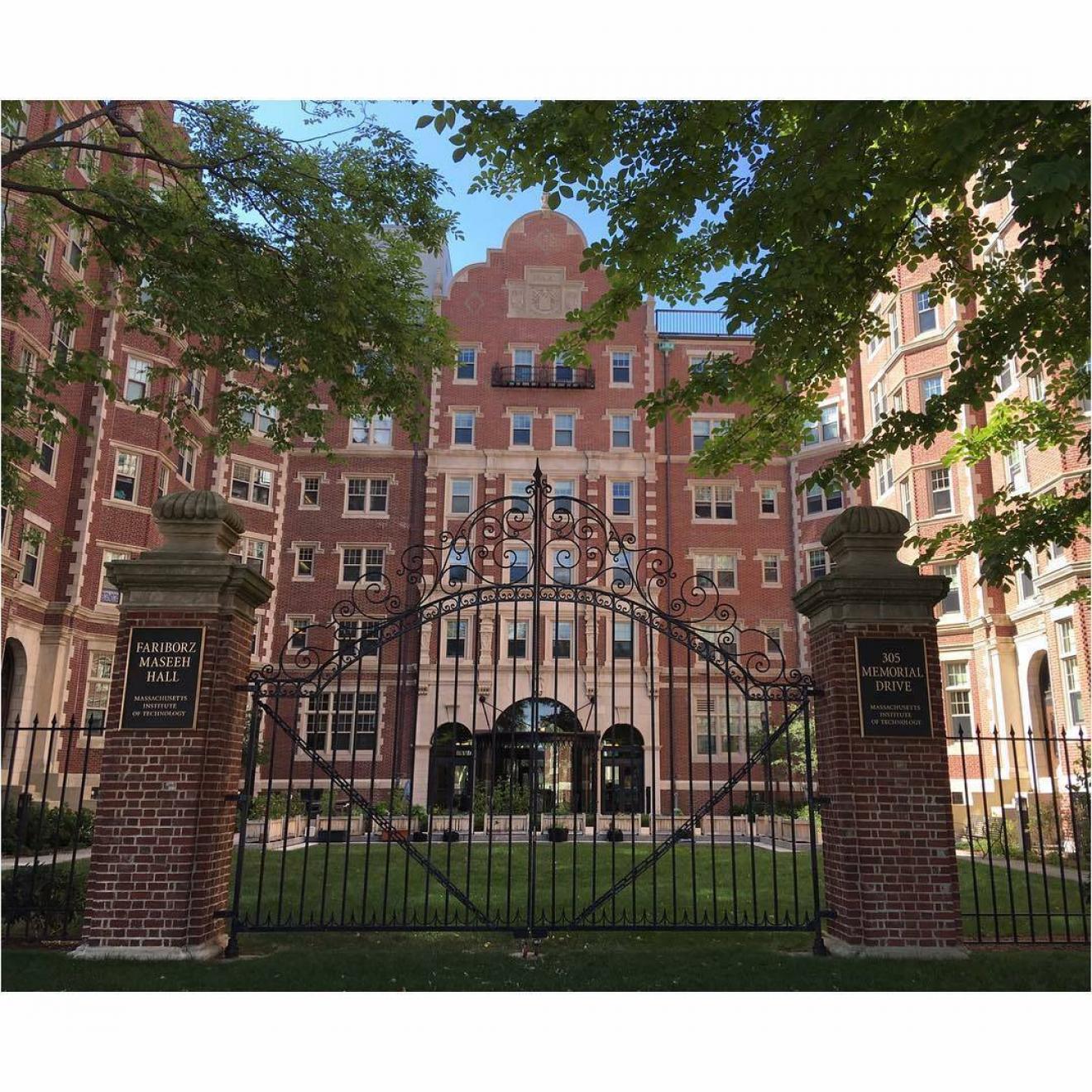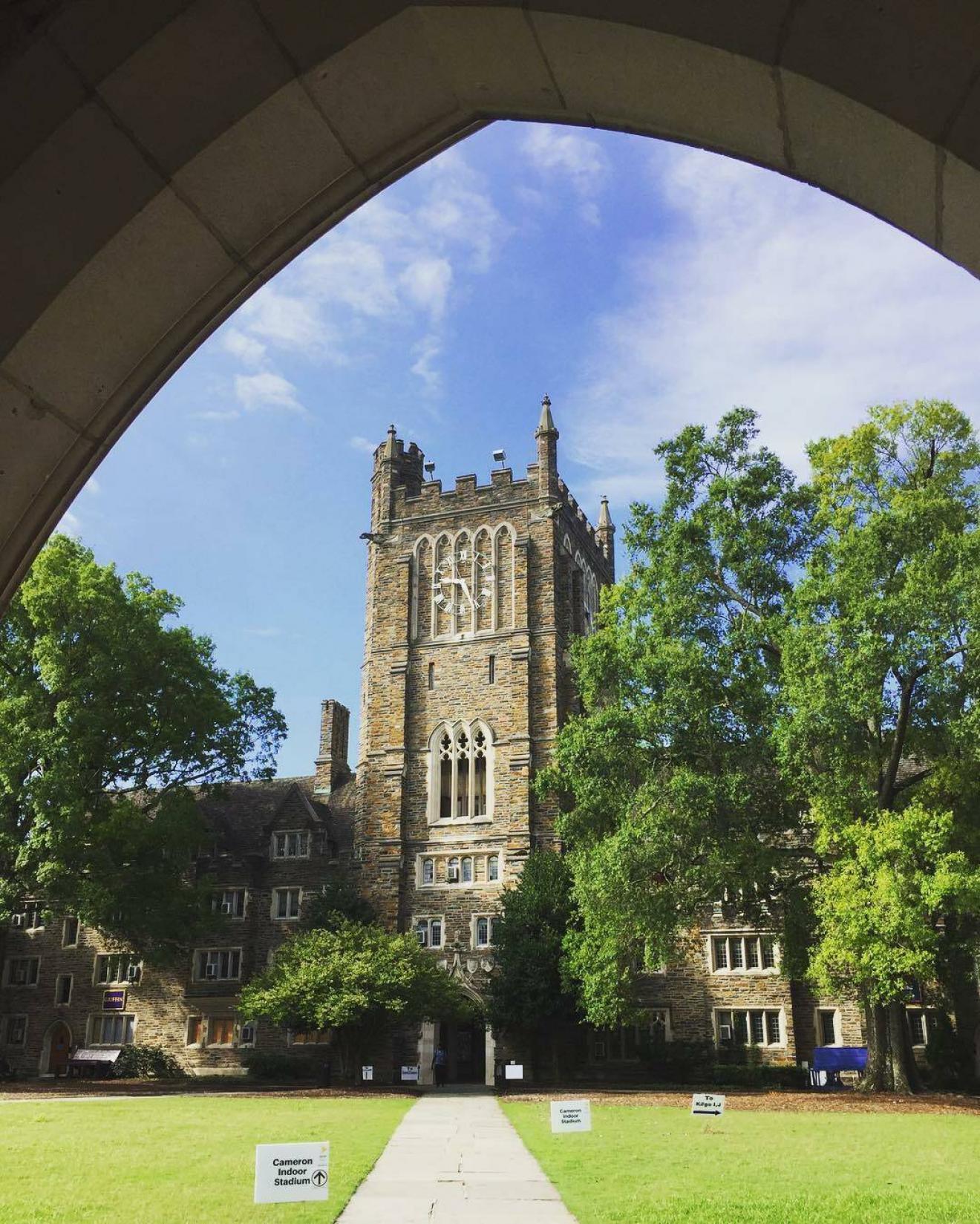Best Mechanical Engineering colleges in the U.S. 2025
According to the Bureau of Labor Statistics, nearly 300,000 mechanical engineers worked in the United States as of 2020. With jobs projected to grow by 7% between 2020-2030, the BLS estimates that nearly 21,000 new jobs will be added by the end of the decade.
Pursuing a mechanical engineering degree makes a lot of sense for students who enjoy working with mechanical devices and engineering new tools to meet individual client needs. While these professionals typically spend their days in offices, they also get the chance to visit worksites and factories to oversee the development and manufacturing of their designs.
The majority of mechanical engineering roles require applicants to hold a bachelor's degree, though some technician roles can be gained with an associate degree. Those looking to advance their careers over time – or move into teaching and/or research positions – may decide to upgrade their credentials to a master's or doctorate in mechanical engineering after working in the field for a few years.
Students interested in a growing career with above-average pay can find all this and more in the field of mechanical engineering. Keep reading to learn about in-demand jobs for graduates and how much they pay along with details about degree requirements. Lastly, we feature an FAQ section to help students find answers to their common questions.
Click Here to See the Best Colleges in the USBest Mechanical Engineering colleges in the U.S. for 2025

Located in Cambridge, Massachusetts, MIT is a private research institution and one of the leading schools in technology and science. The school was established in 1861 and serves approximately 11,600 students. Its Department of Mechanical Engineering offers two undergraduate programs: a BS in Mechanical Engineering and a BS in Mechanical Engineering and Ocean Engineering. Graduate students choose from an MS in Mechanical Engineering and a Mechanical Engineer’s Degree (ME).
It’s no coincidence that MIT’s mascot is a beaver. The critter purposely was selected because of its "remarkable engineering and mechanical skill and its habits of industry." The prestigious institution has a variety of programs that are well regarded, but engineering is its soul. In fact, about 60 percent of MIT’s undergrads and 45 percent of grad students are enrolled in the School of Engineering. The distinguished scholars teaching in the mechanical engineering department are also cutting-edge researchers. From helping to bring clean water to rural India by designing a solar-powered desalination device to creating a humanoid robot for disaster and rescue missions, they use their knowledge to solve real-world problems. The Undergraduate Research Opportunities Program gets interested students in on the action too; perhaps you’ll help design low-cost radio-frequency identification chips or figure out a better way to harness wind power. If creative problem-solving energizes you, MIT might be your ideal place.
Established in 1865, Cornell is a private Ivy League institution in Ithaca, New York. Its Sibley School of Mechanical and Aerospace Engineering offers both a bachelor’s and master’s in mechanical engineering. Undergraduates must maintain a 2.0 or higher GPA to remain in good standing. Learners need a C- or higher grade in all major required classes. Master’s students must complete 30 credit hours with a 2.5 or higher GPA for graduation.

Established in 1891, Stanford is a private research school in California. The school serves about 17,300 students and offers BS degrees in Mechanical Engineering, Product Design, and Biochemical Engineering. Graduate learners can pursue a general MS in Mechanical Engineering or follow a specialized track in biochemical engineering, design impact, or an individually designed, customized master’s degree.
A top-notch faculty, nationally ranked programs, some 65 state-of-the art university centers and labs, along with intelligent and supportive classmates – what else could an engineering major want from a school? Well, how about a pristine campus located in sunny California in the heart of Silicon Valley where opportunities for internships, learning experiences, and employment abound? Stanford’s School of Engineering has been at the forefront of innovation for nearly a century -- engineering faculty and graduates have founded an estimated 12,700 companies over the decades -- and shows no signs of slowing down. Engineering is one of the university’s most popular majors, and roughly 1,600 undergraduates and 3,200 graduate students seek degrees through the school’s nine academic departments. The mechanical engineering department centers itself around five themes: biomedicine, computational engineering, design, energy, and multi-scale engineering. Curiosity-driven research that crosses disciplines or even schools is encouraged, as seen by the School of Engineering’s Hasso Plattner Institute of Design, which brings together students and faculty in engineering, business, education, medicine, and the humanities to learn design thinking and work together to solve big problems in a human-centered way. Think outside the boundaries, and you may be on your way to being Stanford’s next successful alum!

Founded in 1838 in Durham, North Carolina, Duke is a private institution with approximately 15,700 students. The school offers bachelor’s, master’s, and PhD degrees in Mechanical Engineering. The school prides itself on immersive experiential training in areas including hands-on design, research, and entrepreneurship. Doctoral students choose from specializations in aerospace engineering; dynamics, controls, and robotics; materials science and biomaterials; mechanics, design, and computing; thermal fluids and energy; or AI materials.

Located in Evanston, Illinois, Northwestern is a private research institution with about 22,000 students. Learners can follow concentrations in diverse areas including microfluidics, tribology, composite materials, and biomimetics. The BS in Mechanical Engineering requires 47 courses, including foundational topics like statics, dynamics, and differential equations. Graduate students can earn both an MS and PhD, including cross-disciplinary programs in robotics and product design and development.
Located in Baltimore, Maryland, Johns Hopkins is a private research institution established in 1876. Undergraduate mechanical engineering students can choose from tracks in aerospace engineering or biomechanics. Johns Hopkins also offers full- and part-time master’s programs, along with a PhD in Mechanical Engineering. The part-time master’s program is designed for working professionals and features both hybrid and fully online learning formats.
UC Berkeley is a public research institution with approximately 42,400 students. Established in 1868, UC Berkeley’s mechanical engineering program features three undergraduate and two graduate degree programs. Learners can also pursue a dual BS/MS in Mechanical Engineering. While applicants for fall 2022 do not need to submit GRE scores, the mechanical engineering programs require prospective master’s students to submit three letters of recommendation that can speak to their likelihood of success in a rigorous program.

University of Pennsylvania offers 3 Mechanical Engineering degree programs. It's a very large, private not-for-profit, four-year university in a large city. In 2022, 112 Mechanical Engineering students graduated with students earning 51 Master's degrees, 43 Bachelor's degrees, and 18 Doctoral degrees.

Columbia University in the City of New York offers 4 Mechanical Engineering degree programs. It's a very large, private not-for-profit, four-year university in a large city. In 2022, 193 Mechanical Engineering students graduated with students earning 108 Master's degrees, 61 Bachelor's degrees, 14 Doctoral degrees, and 10 Certificates.

A private research university in Houston, Texas, Rice offers a BA and BS in Mechanical Engineering. Graduate learners can also pursue a non-thesis master of mechanical engineering. Research-focused master’s students can earn an MS, which includes the writing of a traditional master’s thesis. Rice also offers a highly selective PhD program in the field, which requires a doctoral dissertation for graduation.
Find local colleges with Mechanical Engineering majors in the U.S.
What is Mechanical Engineering?
Mechanical engineering uses math and physics to design, manufacture, and analyze various mechanical systems.
Some examples of what a mechanical engineer makes include:
- Engine parts
- Transmissions
- Aircraft engines
- Control systems
- Prosthetic devices
- Robots
- Machine tools
- Printers
Bachelor's Degree in Mechanical Engineering
Bachelor's Degree in Mechanical Engineering
Time to complete: The majority of bachelor's degrees in mechanical engineering require students to commit to four years of full-time study or six years of part-time study. Some schools also offer accelerated 4+1 options that allow learners to earn both their bachelor's and master's in mechanical engineering in just five years.
Required credits: Most programs comprise 120 credits of both practical and theoretical coursework. The best mechanical engineering degrees also include a field placement component that allows students to build real-world experience and network with other professionals while still in school.
Sample courses: Mechanics of materials, computer-aided design, mechanical measurements, thermodynamics, fluid mechanics, system dynamics, heat transfer, engineering economic analysis, engineering graphics technology, numerical methods for engineering, and introduction to electricity, magnetism, and light.
Online availability: Several schools now provide fully online bachelor's degrees in mechanical engineering, making it possible for students to earn their qualifications without ever setting foot in a classroom. That said, programs requiring an internship placement mandate that students spend a semester on-site at an approved mechanical engineering site.
Mechanical Engineering Career and Salary Overview
The principles and problem-solving techniques employed by mechanical engineers can be used in virtually every major industry today. A mechanical engineer’s expertise in force, energy, design, and motion helps organizations and businesses develop safe, reliable, and efficient ways of operating on a daily basis.
Mechanical engineers also help improve our quality of life through advancing technologies we use every day. The job outlook for workers in this valuable field looks bright, too. The Bureau of Labor Statistics (BLS) projects a 7% growth in available positions by 2030, equivalent to 20,900 new jobs.
How Do I Become A Mechanical Engineer?
For entry-level positions, mechanical engineers need a bachelor’s degree which takes about four years to complete. Depending on the role or employer, you may need a master’s or doctoral degree.
Master’s degrees often take full-time students two years to finish, while a doctoral degree can take up to five or more years depending on your graduation requirements. Whatever the level of your education, many colleges and universities today offer dedicated majors for mechanical engineering or mechanical engineering technology.
How Much Do Mechanical Engineers Make?
Professionals in mechanical engineering roles also earn salaries that are well above the national average. According to BLS, mechanical engineers earn a median annual wage of $90,160. That’s more than double the median salary of all other occupations in the U.S. The top 10% of earners in this field earn more than $141,060 per year.
Mechanical Engineering FAQ
List of all Mechanical Engineering colleges in the U.S.
| School | Average Tuition | Student Teacher Ratio | Enrolled Students | |
|---|---|---|---|---|

|
Massachusetts Institute of Technology Cambridge, MA | 8 : 1 | 11,858 | |

|
Cornell University Ithaca, NY | 14 : 1 | 25,898 | |

|
Stanford University Stanford, CA | 13 : 1 | 18,283 | |

|
Duke University Durham, NC | 12 : 1 | 18,023 | |

|
Northwestern University Evanston, IL | 15 : 1 | 23,161 | |











